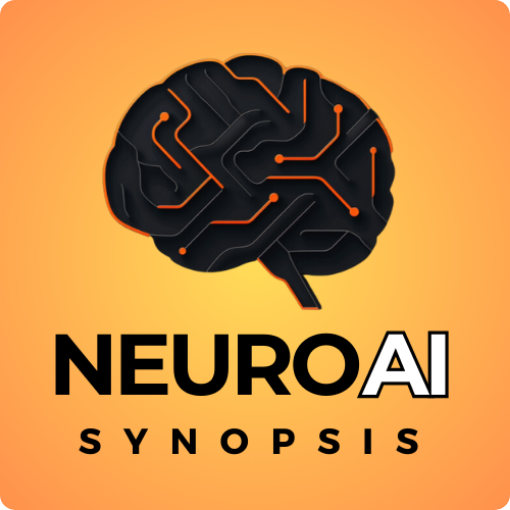Machine Learning in Cognitive Neuroscience Research: Transforming Brain Science
Explore how machine learning transforms cognitive neuroscience research by analyzing neural data and modeling brain function. Learn about innovative developments, real-world applications, and future research in AI-driven cognitive neuroscience.
Machine learning is revolutionizing cognitive neuroscience research by analyzing neural data and modeling brain function. This post explores the transformative impact of machine learning in cognitive neuroscience, highlighting innovative developments and real-world applications. By examining how AI enhances our understanding of the brain, we delve into future research directions that promise to advance cognitive neuroscience. Discover how machine learning is unlocking new insights into neural mechanisms, cognitive processes, and mental health, paving the way for groundbreaking discoveries in brain science.
Machine learning is at the forefront of cognitive neuroscience research, transforming our understanding of brain function by analyzing neural data and modeling cognitive processes. This post explores the innovative developments in machine learning applied to cognitive neuroscience, highlighting its transformative impact and future research directions.
Cognitive neuroscience studies the neural mechanisms underlying cognition, behavior, and mental health. Traditional methods of analyzing neural data often fall short due to the complexity and high dimensionality of brain activity. Machine learning, with its ability to process large datasets, identify patterns, and make predictions, has revolutionized cognitive neuroscience by providing powerful tools for analyzing neural data.
Machine learning algorithms, such as supervised learning, unsupervised learning, and deep learning, enable researchers to decode brain signals, understand neural connectivity, and predict cognitive outcomes. These algorithms process various types of neural data, including electroencephalography (EEG), functional magnetic resonance imaging (fMRI), and magnetoencephalography (MEG), offering insights into brain activity and cognitive function.
In cognitive neuroscience research, machine learning is used to study neural mechanisms underlying memory, attention, perception, and decision-making. AI models analyze neural data to identify patterns associated with specific cognitive processes, helping researchers understand how the brain encodes and processes information. This understanding informs the development of interventions for cognitive disorders and enhances brain-computer interface (BCI) technologies.
Machine learning also plays a crucial role in diagnosing and treating neurological and psychiatric disorders. AI algorithms analyze brain scans and other neural data to detect early signs of conditions such as Alzheimer's disease, schizophrenia, and depression. These early detections enable timely intervention and personalized treatment plans, improving patient outcomes.
Despite its potential, machine learning in cognitive neuroscience faces challenges, including data quality, interpretability, and ethical concerns. High-quality, diverse datasets are essential for training accurate models, but collecting such data can be expensive and time-consuming. Ensuring the interpretability of machine learning models is crucial for understanding their decisions and building trust. Ethical concerns related to data privacy, consent, and potential misuse must be addressed to ensure responsible AI use.
Future research in machine learning and cognitive neuroscience focuses on developing more sophisticated algorithms, integrating multi-modal data, and addressing ethical issues. Advancements in explainable AI (XAI) aim to enhance the interpretability of machine learning models, making their decisions more transparent. Integrating data from various neuroimaging techniques and other sources can provide a comprehensive understanding of brain function.
Machine learning is transforming cognitive neuroscience by providing powerful tools for analyzing neural data and modeling cognitive processes. These advancements offer new insights into brain function and promise to revolutionize our understanding of cognition and behavior. Future research should focus on improving algorithms, ensuring ethical use, and exploring innovative applications to fully harness the potential of machine learning in cognitive neuroscience.
Please log in to read the full post and explore these exciting developments in detail.

